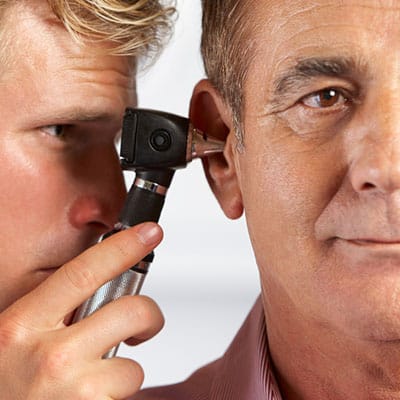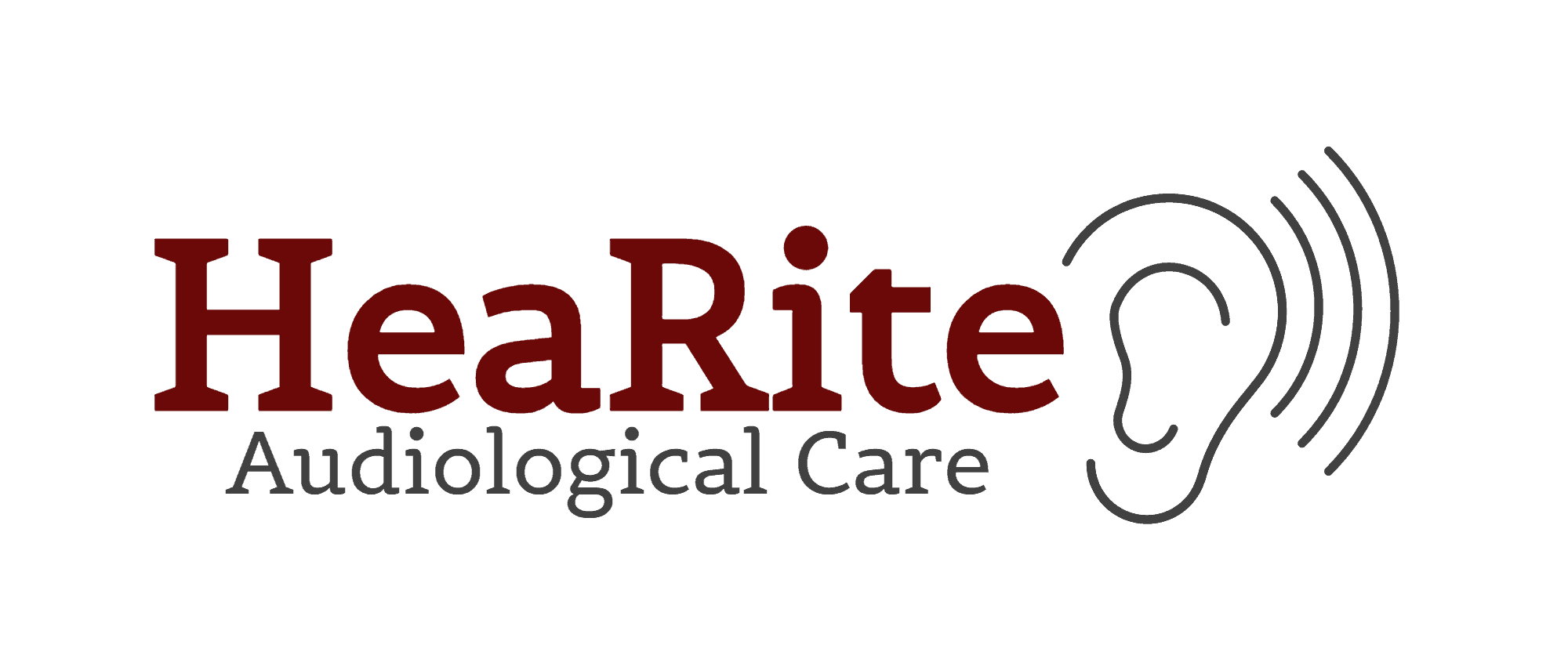Hearing Test | Hearing Exam
Identifying hearing loss is the first step to better hearing health – and better overall health as well! Hearing tests are the most important part of identifying hearing loss.
Preparing for a hearing test
Once you’ve made your appointment, there are a few simple steps to prepare. Compile information on your family medical history, as well as your own. Some cases of hearing loss may be genetic, or related to other medical issues you may experience. If you are using medication for any conditions, please gather this information as well.
Additionally, you’ll want to note the situations in your daily life in which you experience difficulties hearing. If you’ve been exposed to loud noise recently or if you’ve had an ear infection, please note these occurrences as well. They will come in handy when you meet with your audiologist.

Consultation & Physical Examination

During the consultation, your audiologist will ask you questions about the above factors. Your audiologist will use this information to form a picture of your hearing needs.
Following the consultation, your audiologist will perform a physical examination of your ears, using an otoscope. This allows them to look deep inside your ear canal, to see if there is blockage of impacted earwax or damage to your eardrum. These physical obstructions may be the cause of hearing loss.
Hearing Exams
During the hearing portion of the hearing exam, you will be asked to sit in a soundproof room, with a pair of headphones. Your audiologist will perform several different tests to gauge the ability of hearing by ear.
In the pure tone test, your audiologist will play a series of sounds at different volumes and frequencies. You’ll be asked to raise your hand or push a button if you hear the sound.
In the speech recognition test, your audiologist will read a series of words or sentences, and you will be asked to repeat them. The words and sentences will be read at different volumes and at different distances from you.

Reviewing Your Results

The results of your hearing exam are recorded in an audiogram, a visual representation of your hearing abilities. The audiogram identifies your hearing ability, by ear. The speech recognition portion will be recorded as a percentage.
Your audiologist will review your results with you and discuss your hearing abilities. If you are experiencing hearing loss, you audiologist will tell which what type it is, and possible treatment options. If treatment is necessary, they will recommend treatment next steps.
Next Steps
Hearing loss is usually treated with hearing aids. If your hearing loss is caused by another factor, such as a tumor, tinnitus, or other medical conditions, your audiologist will recommend another health professional.
Hearing aids are customized to meet your specific hearing needs. Depending on the style, they are made from a mold of your ear. Your audiologist will discuss next steps with you, based on the information you provided in your consultation.
Treating hearing loss with a hearing aid will benefit many areas of your life, from social interactions to improved overall health.

